
Millions still think the moon landing was faked and the Earth is flat. Who are these individuals, and why do they fall for such wild ideas? Recent research has delved into the psychology behind these beliefs, revealing fascinating traits and motivations that drive people toward unsubstantiated theories. Brace yourself to be amazed as we uncover what makes some more prone to embracing the unbelievable.
Seeking Certainty

Those who crave understanding and certainty are predisposed to fall for conspiracy theories. During unpredictable times, they seek clear answers to big questions, making them more vulnerable to these baseless ideas. The need for concrete explanations drives them to accept simple yet erroneous answers.
Need for Control

Feeling powerless or out of control can lead people to trust in conspiracies. These theories provide a sense of command by attributing complex occurrences to hidden forces. Believing in a conspiracy gives them the illusion that they understand and can manage the unpredictability around them.
Desire for Uniqueness
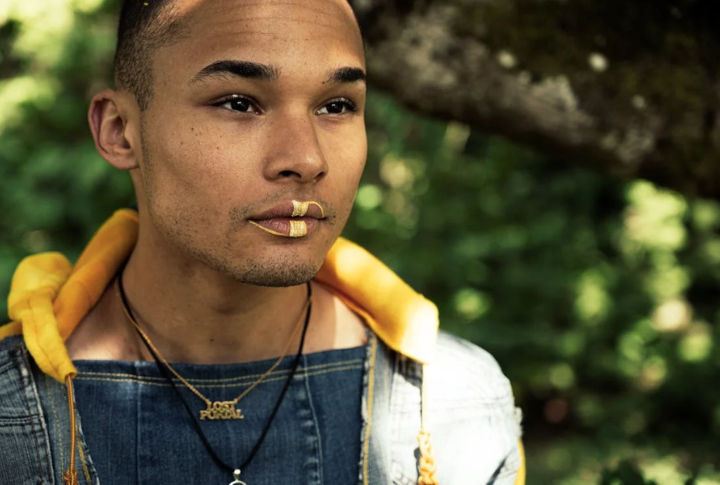
A solid requirement to feel unique often leads many to surrender to conspiracy theories. They relish the notion of possessing singular insight that their counterparts lack. This desire for distinctiveness makes them more inclined to acknowledge and spread unconventional perspectives.
Lower Education Levels

Greater susceptibility to conspiracy theories is correlated with lower literacy stages; this isn’t due to a lack of intelligence but rather a limited ability to critically evaluate sources of information. Persons with less formal education may find it harder to distinguish credible sources from misleading ones.
Younger Age Groups

Acceptance of collusion schemes is more common among young people than among the older population. This trend, consistently observed in various studies, may be due to the younger population’s greater exposure to social media and less life experience to filter out implausible thoughts.
Social Identity

Perceived threats to communal harmony and a solid connection to their groups can increase the endorsement of deceptive narratives. These convictions help maintain a positive image of the group by attributing adverse events to external conspiracies rather than internal issues.
Emotional Volatility

Some populations are particularly drawn to conspiracy theories due to their impulsiveness and high psychological reactivity. Their sentimental instability makes them more susceptible to accepting and spreading these notions, as they are more likely to seek interpretations for their heartfelt turmoil.
Paranoia
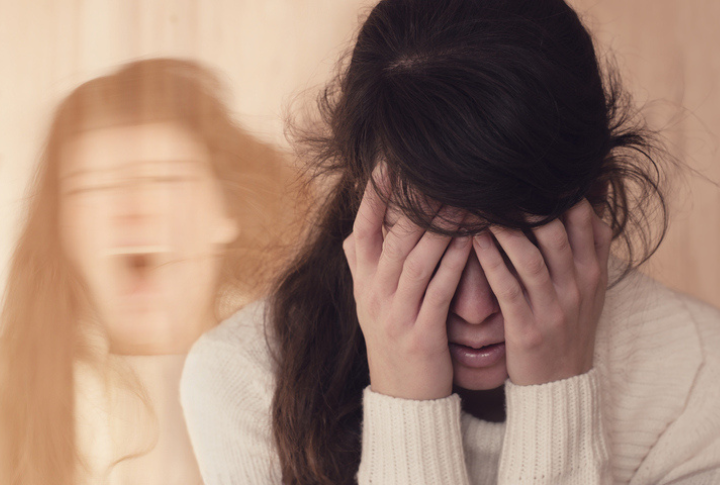
High levels of suspicion are expected among conspiracy theorists. These persons frequently perceive hidden threats and believe in others’ evil intentions. Their distrustful nature makes them more likely to embrace and propagate subterfuge claims.
Narcissism
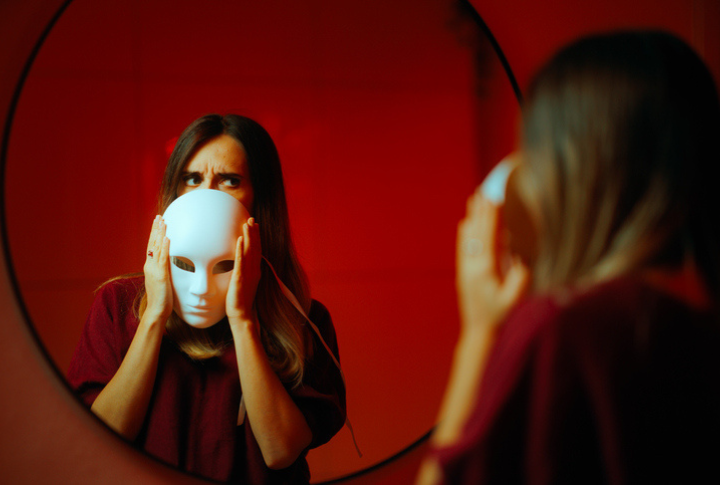
Those with an inflated sense of self-importance are likelier to embrace wild speculations. They view themselves as superior and enjoy possessing exclusive knowledge, reinforcing their belief in these groundless notions.
Online Influence

Frequent use of digital platforms increases the likelihood of believing in cover-up stories. These networks amplify biased details and create echo chambers, reinforcing existing biases and making it harder for users to dispel false information.
Historical Crises
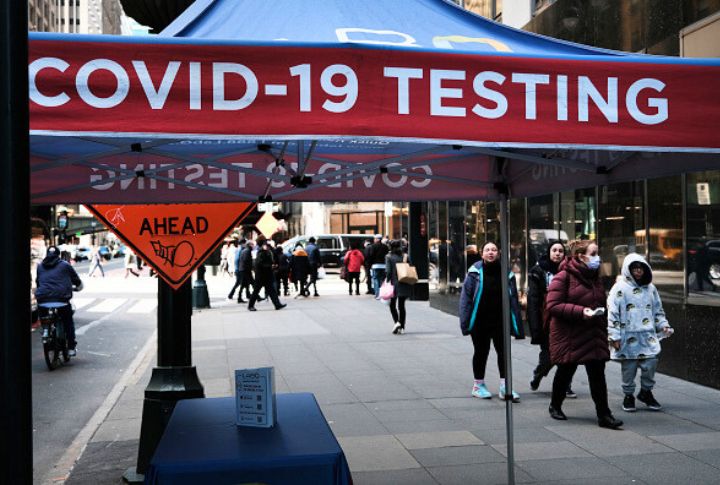
During times of crisis and societal upheaval, folks are more prone to falling for deceptive stories. Significant events like the COVID-19 pandemic and political instability drive individuals to pursue explanations with clear culprits and simple solutions.
Difficulty Debunking

Convincing those with firmly-held conspiracy beliefs is particularly challenging. They often reject factual insights contradicting their views, reinforcing their adherence to these unfounded theories.
Feeling of Superiority

Trusting conspiracy theories can give someone a sense of superiority over their peers. They feel they have special knowledge that elevates their intelligence or awareness. This arrogance can reinforce their commitment to these views, rendering them more resistant to contradictory evidence.
Distrust of Authorities
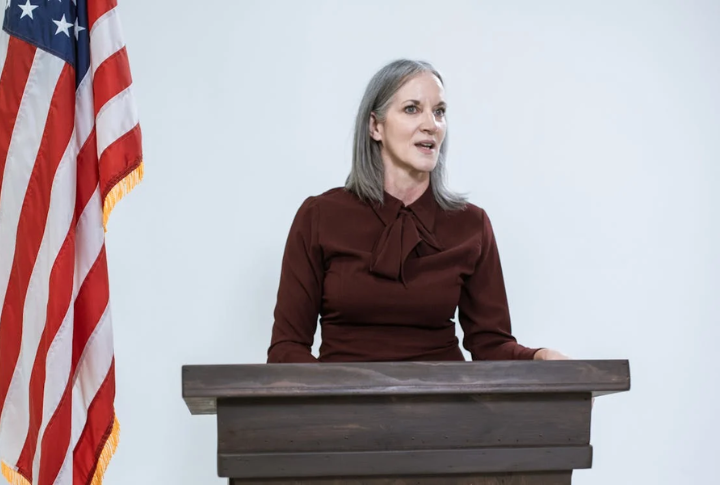
Those who trust in secret plots distrust officials and mainstream institutions. They think these entities are hiding the truth for their gain, and this skepticism drives them to be extra inclined to concede alternative accounts that challenge official narratives.
Intuition and Antagonism
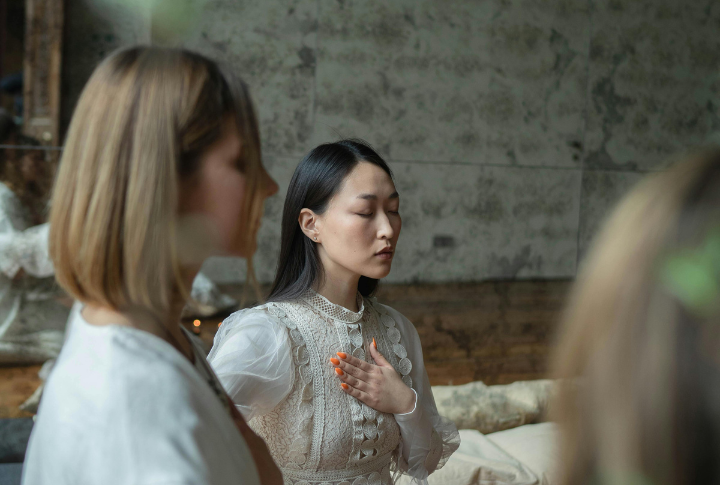
Many conspiracy theory believers rely on gut feelings and torment those around them. This instinct-based decision-making and suspicion of others make them more susceptible to embracing baseless convictions.


Comments
Loading…